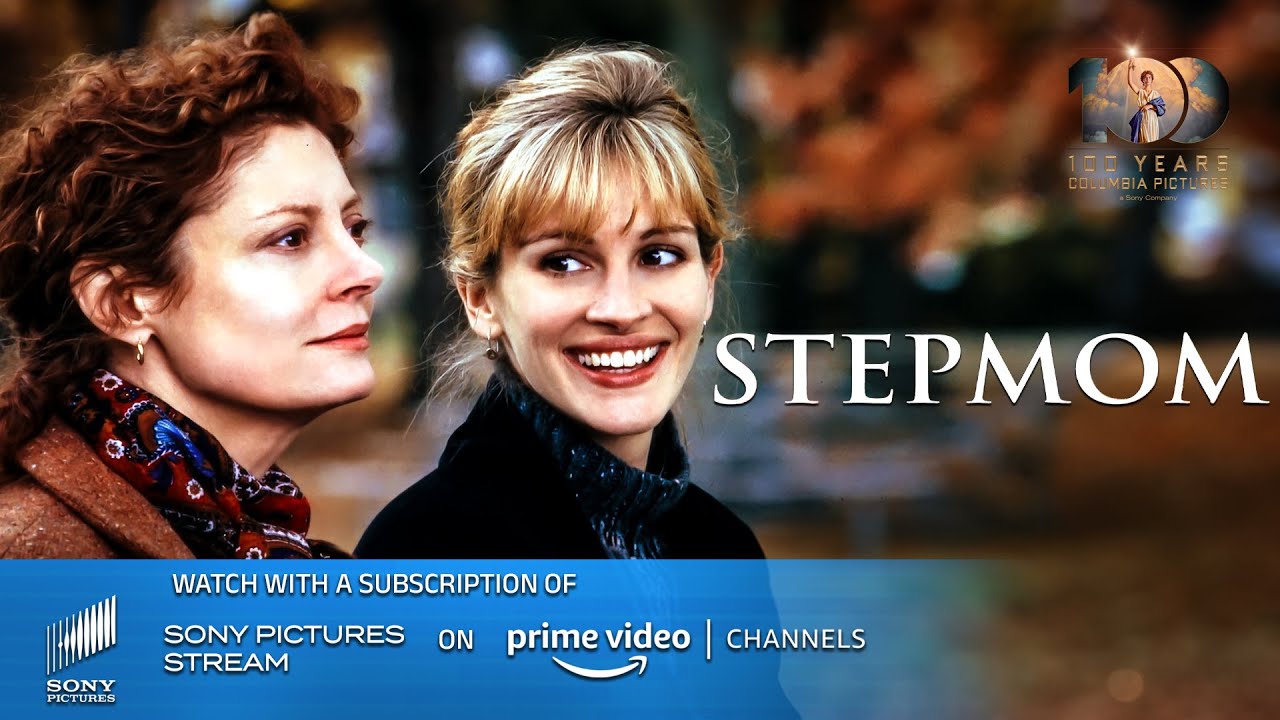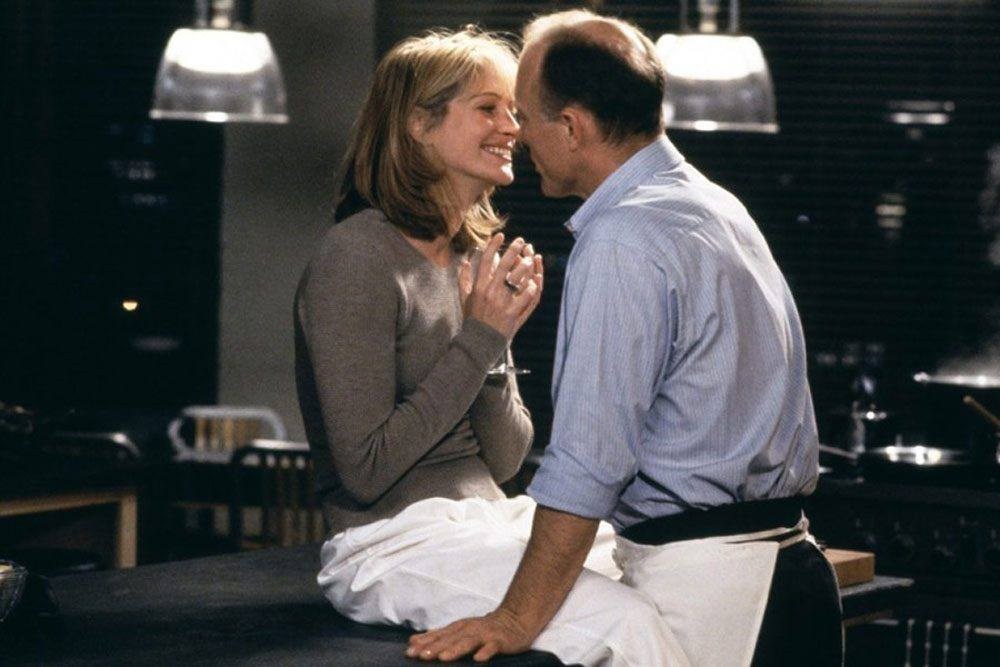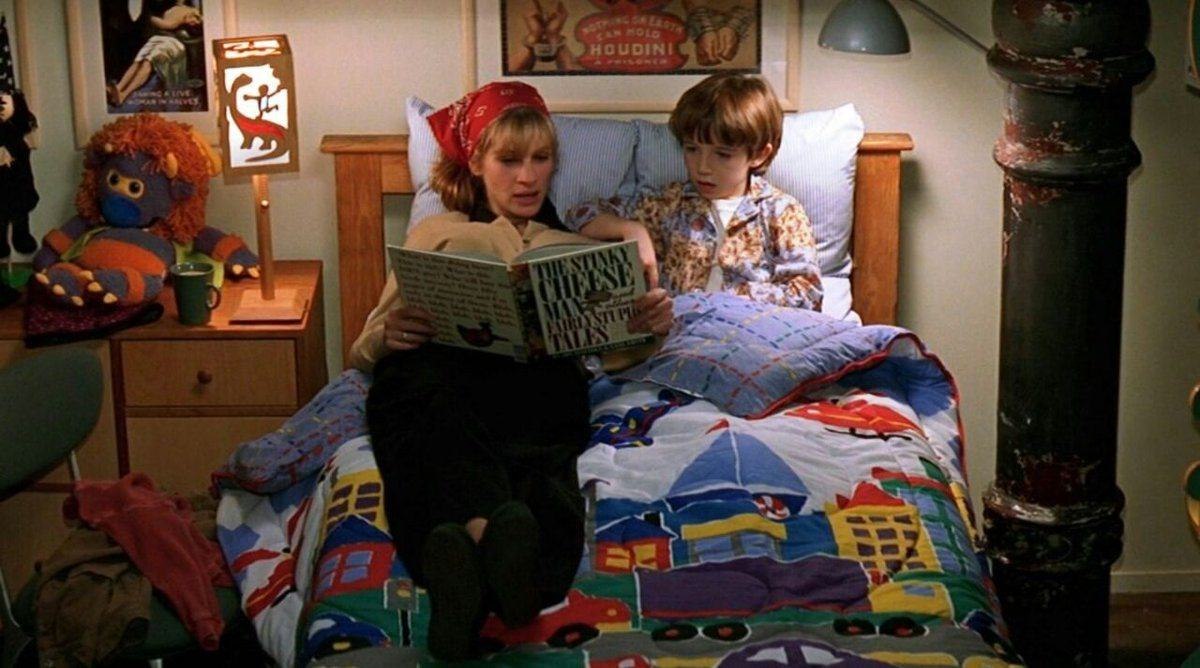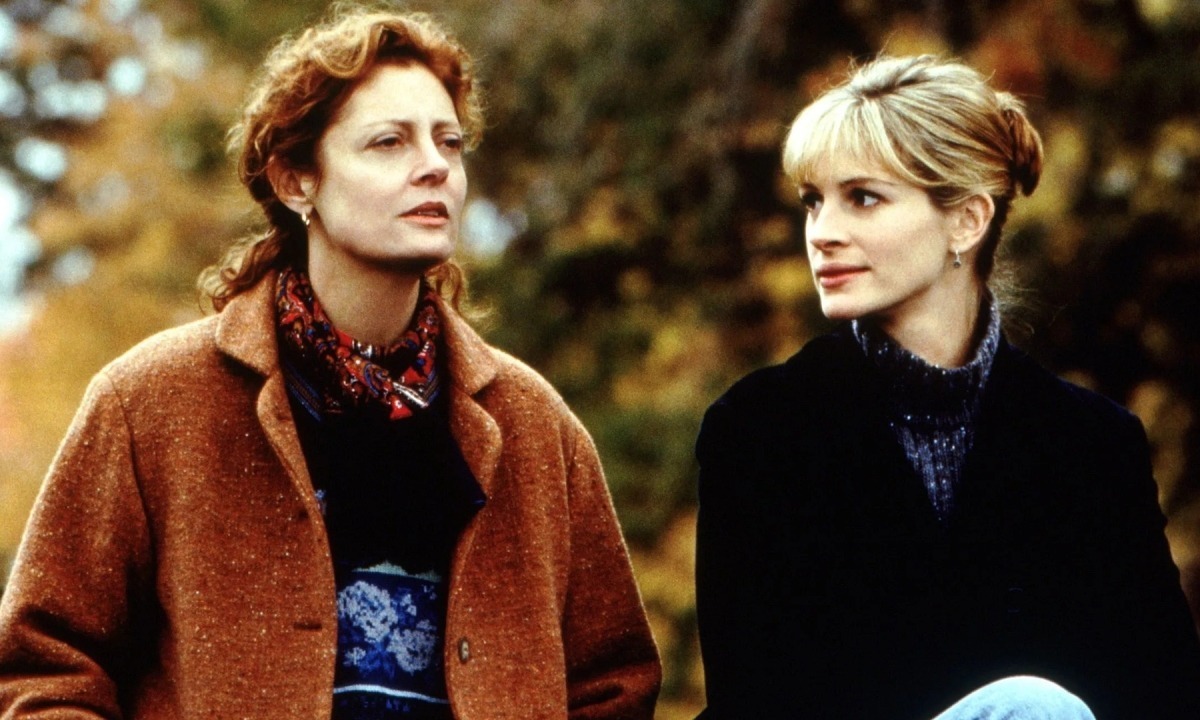Stepmom (1998)

Stepmom (1998) is a heartfelt American comedy-drama directed by Chris Columbus. The film, produced by Wendy Finerman, Mark Radcliffe, and Michael Barnathan, explores the complex relationships within a blended family. Written by a team of screenwriters, including Gigi Levangie, Jessie Nelson, Steven Rogers, Karen Leigh Hopkins, and Ronald Bass, Stepmom features a star-studded cast with Julia Roberts, Susan Sarandon, and Ed Harris. The film’s story delves into the challenges and emotional struggles that arise when a new stepmother enters a family, especially when the biological mother is still very much involved.
The film centers on Isabel Kelly (Julia Roberts), a successful photographer who becomes involved with Luke Harrison (Ed Harris), a man with two young children from his previous marriage to Jackie Harrison (Susan Sarandon). As Isabel prepares to step into the role of the children’s stepmother, she faces resistance from Jackie, who is struggling with her own emotions about the changes in her family. While Isabel tries to forge a bond with the children, the tension between her and Jackie grows, especially as Jackie deals with her terminal illness. The story explores themes of love, jealousy, and acceptance, highlighting the emotional challenges of blended families.
The central characters in Stepmom are Isabel, Jackie, and Luke. Julia Roberts plays Isabel, the warm-hearted yet often misunderstood woman who must navigate her new role as a stepmother. Isabel is faced with the difficult task of bonding with children who are still loyal to their biological mother, all while managing her own insecurities. Susan Sarandon portrays Jackie, the children’s biological mother, who is strong, protective, and initially hostile toward Isabel. Jackie’s struggle with accepting Isabel is compounded by her own illness, which creates a sense of urgency and emotional complexity in the story. Ed Harris plays Luke, Isabel’s partner, who finds himself caught between the two women he loves and must manage the delicate balance between them.

Stepmom explores several significant themes, including family dynamics, acceptance, and love. The film examines the challenges of step-parenting, especially the emotional distance that can exist between a biological mother and a stepmother. It also explores the powerful bond between mother and child, and how that bond can be affected when a new maternal figure enters the picture. Another key theme is the idea of blending families and finding common ground despite differences. The film also touches on more serious topics, such as terminal illness and the way it impacts relationships, especially in the context of family. Throughout, Stepmom emphasizes forgiveness, understanding, and the importance of love in all its forms.

The direction by Chris Columbus, known for his work on family-oriented films, brings both warmth and depth to Stepmom. The film’s pacing strikes a balance between tender moments and dramatic conflict, allowing the audience to fully engage with the emotional highs and lows of the story. The cinematography enhances the film’s emotional tone, with soft lighting and intimate shots that emphasize the characters’ feelings. The soundtrack, featuring a mix of gentle, poignant music, underscores the film’s emotional beats and complements its reflective mood. The performances of Julia Roberts and Susan Sarandon are particularly noteworthy, as they bring both nuance and authenticity to their roles as women navigating complicated relationships.

Stepmom is a touching and emotional film that offers a realistic portrayal of the complexities of family life, particularly in a blended family setting. Through the performances of Julia Roberts, Susan Sarandon, and Ed Harris, the film explores themes of love, loss, and personal growth. It captures the difficulties and rewards of stepping into new family roles, as well as the healing power of compassion and understanding. While it deals with serious issues such as terminal illness and family conflicts, Stepmom is ultimately a story about the power of connection and the ways in which people can overcome obstacles to form lasting bonds. The film remains a relatable and heartwarming exploration of modern family life.











